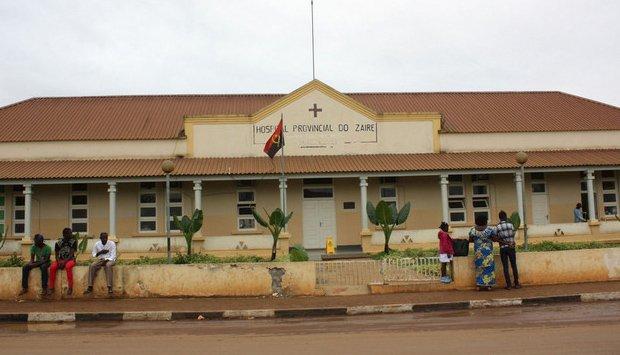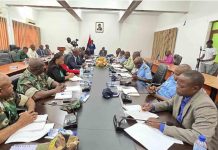Africa-Press – Angola. Down Syndrome, a chromosomal disorder, has been considered a traditional disease by the population of Zaire province, which is why cases do not reach hospitals and educational units, said the provincial supervisor for Health Promotion in Mbanza Kongo on Sunday. public.
Andrade Kianzuaku, in allusion to the International Down Syndrome Day, marked yesterday, explained that, in the province of Zaire, the affected people are considered “Kisimbi”, a Kikongo term that means “mermaid” in Portuguese. by ignorance.
“People who suffer from Down Syndrome in our province are not taken to health facilities, because they are considered “mermaids”, for this reason they are not accompanied by specialists, such as psychologists and sociologists”, he lamented.
Among the main brain and cognitive characteristics of Down Syndrome are mental retardation, impaired brain development, microcephaly at birth, smaller than normal cerebellum, hearing and visual impairments, memory and language, he advanced.
The provincial supervisor of Health Promotion in Zaire regretted the fact that the hospitals in the region do not have specialized equipment for the biochemical screening of cases of Down Syndrome during the pregnancy phase.
“Unfortunately, in the province there is a lack of specialized equipment for the biochemical screening of Down Syndrome, because if the congenital malformation is discovered in time, it offers an alternative for parents to terminate the pregnancy, to prevent the child from being born with defects”, said Andrade Kianzuaku, adding that congenital deformities can also be detected through karyotype examination and abdominal ultrasound.
In turn, the director of the Mbanza Kongo special education school complex, Pedro Cordeiro, confirmed that, since the institution was founded in 2013, they have never received any student affected by Down Syndrome, despite being prepared for that purpose.
“If one day a guardian brought your child, we are prepared to educate and instruct the child, not least because the new policy of the Ministry of Education is aimed at the school inclusion of all students, whether they are with or without disabilities”, he stressed.
At the moment, the Mbanza Kongo special education school complex works with 1,240 students, of which 102 have hearing and psychomotor impairments.
For More News And Analysis About Angola Follow Africa-Press






